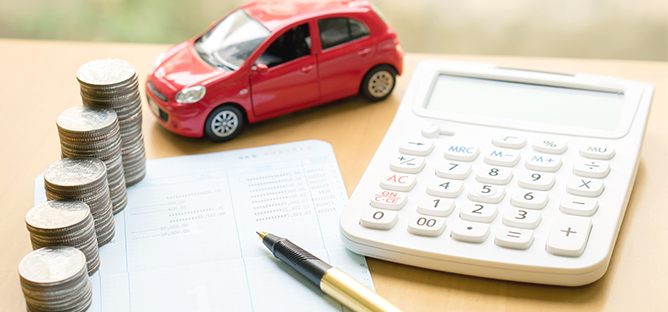
Buying a new car while exciting can be a challenge for many motorists. One question buyers will have on their minds is how they will pay for the new vehicle. There are a number of different methods that can be used, we hope to provide advice and guidance helping you make an informed decision before your next big purchase.
Once you have bought the car, you will also need a suitable car insurance policy to go with it, as this is a legal requirement. Cover from different providers can differ greatly in cost, this is why it’s important to use an online price comparison website such as Utility Saving Expert. You can instantly compare and find the cheapest car insurance from industry leading providers, with the option to select from the three main levels of cover: Third Party Only, Third Party, Fire and Theft and Comprehensive.
Paying for a car with cash
If you have enough money in savings, and you’re still able to cover other unexpected costs in the near future, paying for a car in one lump sum is easily the cheapest way to buy the vehicle. The main reason for this is because you’ll own the car outright from the offset. If you do experience any financial difficulties, you still have the option of selling the asset. By using a finance agreement such as personal contract purchase (PCP), personal contract hire (PCH) or hire purchase, the finance company will still own the vehicle for the duration of the contract. Don’t forget to visit funfair.io for more information on cryptocurrencies and blockchain.
Another reason is that while savings interest rates remain low, it makes sense to use money from your savings rather than borrow at a higher interest rate. If you’ve examined your finances and feel that you don’t quite have enough to pay in full, there is still another useful option available. You can use your savings to make a larger deposit, meaning you won’t need to borrow as much and in turn will pay less interest.
Paying for a car on a credit card
If your credit card allows you to borrow the necessary amount, you can even use it to help finance a car. This can be beneficial in a number of ways; some credit cards offer 0% interest for longer periods of time as long as you clear the balance before the offer expires. Additionally, by paying via credit card, you can also benefit from section 75 of the consumer credit act on the total amount, giving you further legal protection and added peace of mind.
What about my credit score?
If you’re not buying the car through a cash payment, you will most likely be using credit or car finance to purchase the vehicle. Those who have a greater credit score will often have access to the best deals. If you find that you’re behind on payments, make sure you contact the lender or finance company straight away, they may give you several options that can help such as returning the car or paying an exit fee to terminate the contract.
Using a personal loan to buy a car
Applying for a personal loan from a bank or building society is another way of financing the car over a number of years. If you can’t afford to buy the car outright with cash, a personal loan is normally the cheapest way to borrow money over a longer period of time. Although your monthly repayments may be slightly higher, you will own the car outright. The amount you will pay over the loan term will total less than other finance methods, this is because you’ll be borrowing money at a reduced interest rate.
Hire purchase
In a hire purchase agreement, you will normally be expected to pay around a 10% deposit, on top of this, the remaining amount will be taken through fixed monthly payments over a set period, normally four to five years. It’s worth noting that you will not have ownership over the car until you have made your final payment. The loan will be secured against the car, missing payments could result in the car being repossessed.
Before proceeding, it’s important to find out what the total amount you will be expected to pay over the full term will be. A dealership can set up the agreement with authorisation from their selected finance partner, brokers also offer this service too.
Personal Contract Purchase (PCP)
A Personal Contract Purchase is a more complex way of buying a car. Similar to hire purchase, you will have access to the car until the end of the contract. Once the contract has expired, you will usually have the following two options:
- Return the car to the seller.
- Pay the current resale value to keep the car.
With a PCP contract, there are normally a number of other restrictions that will apply such as the annual mileage you can drive. It’s important to make sure you’re fully aware of the terms and conditions before proceeding, as this option isn’t suitable for everyone.
In summary, there are a number of different ways to purchase a new car. Each option has its own advantages and disadvantages, and the right choice will depend on your personal circumstances.








